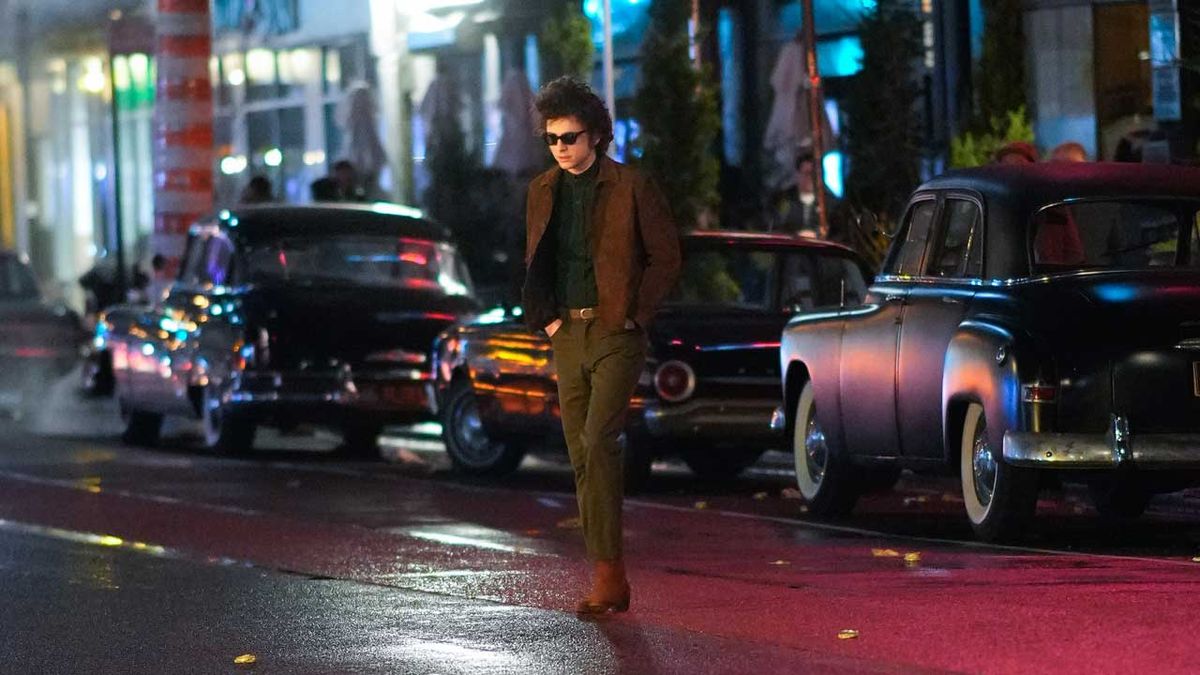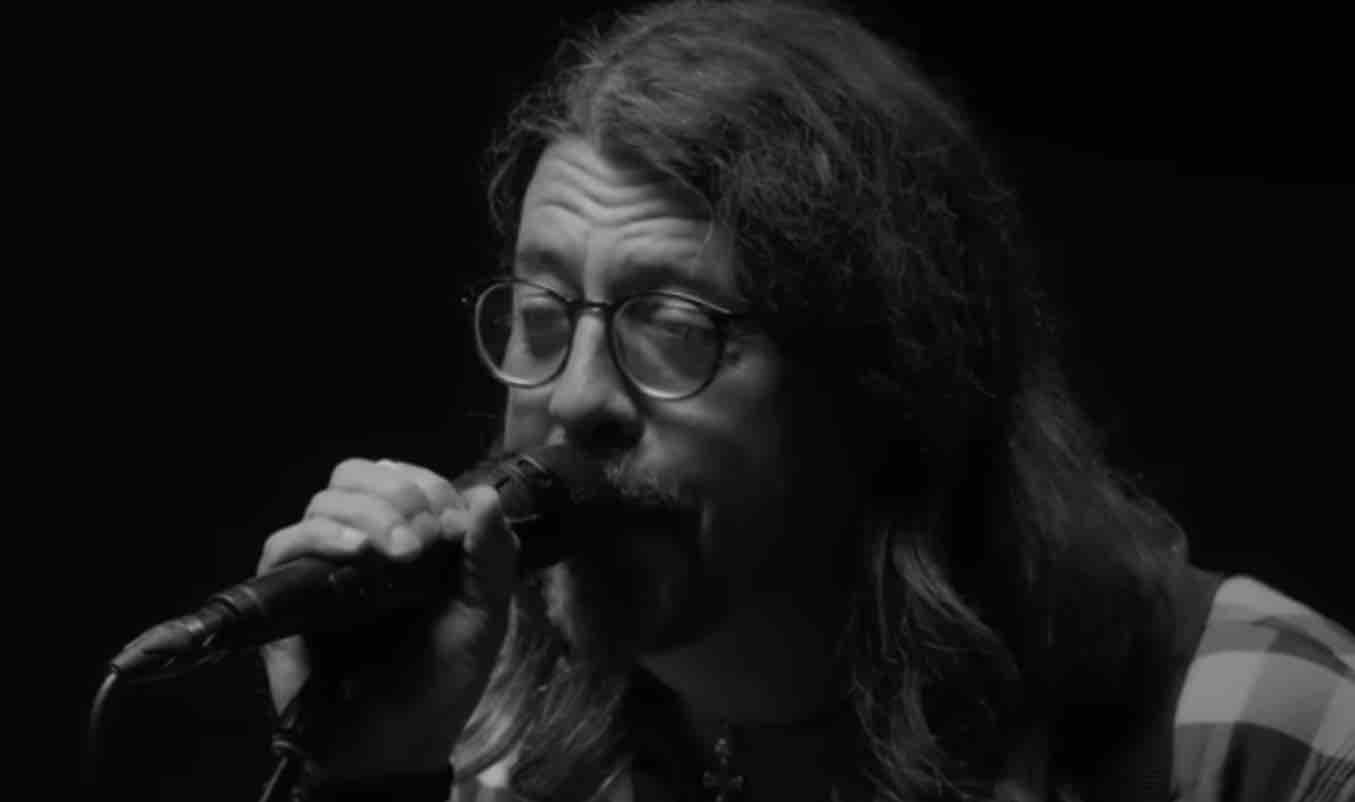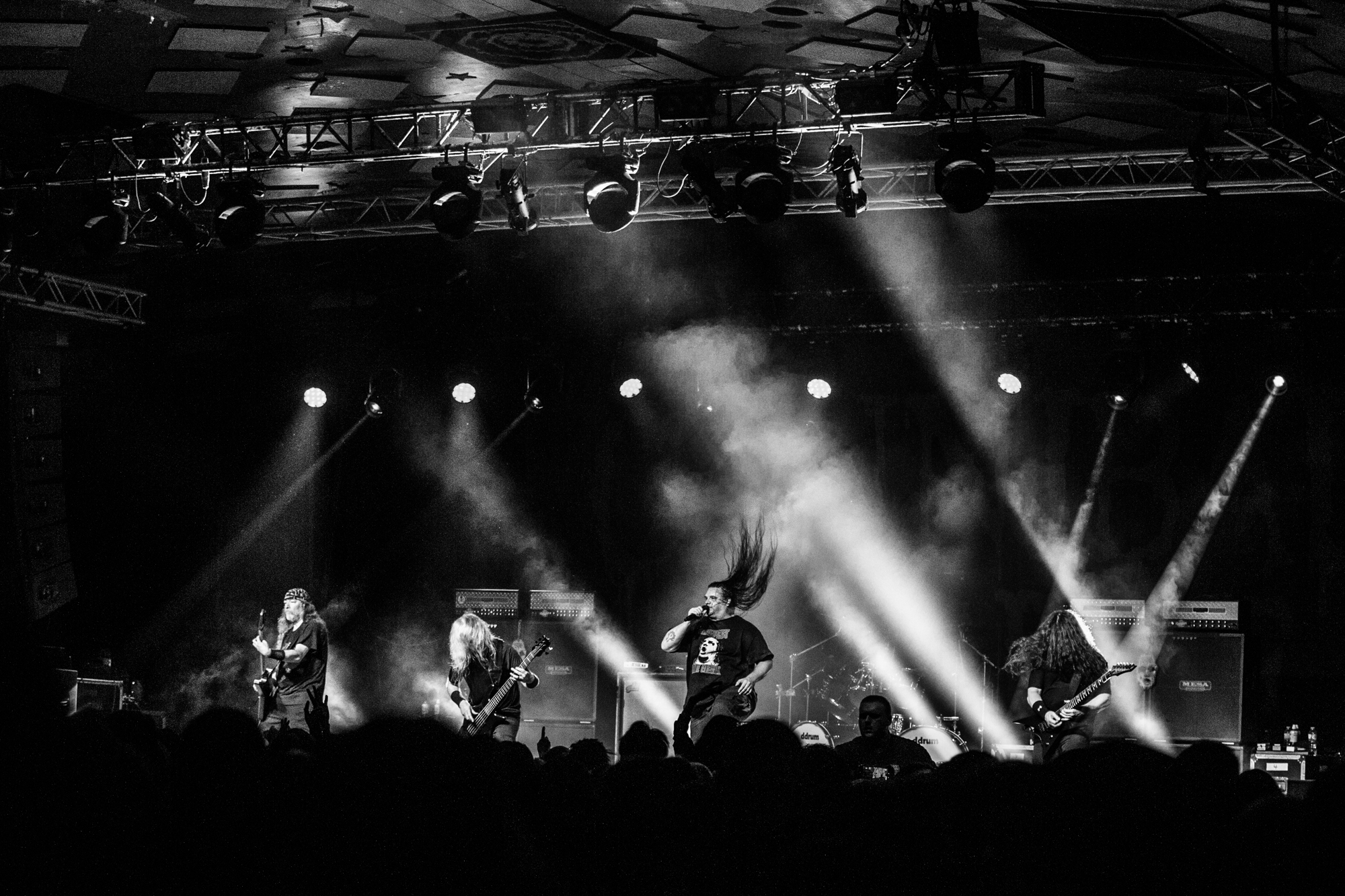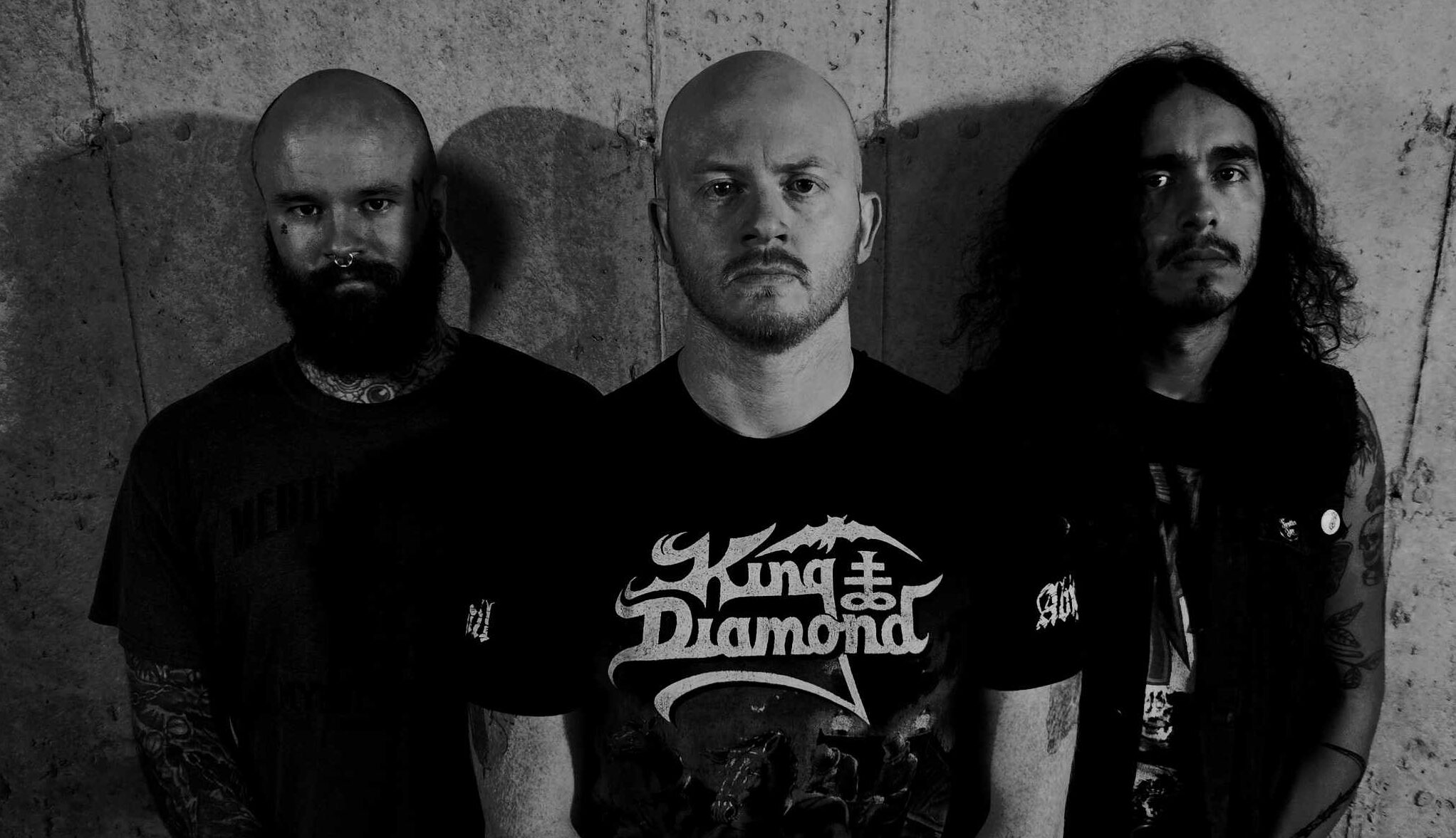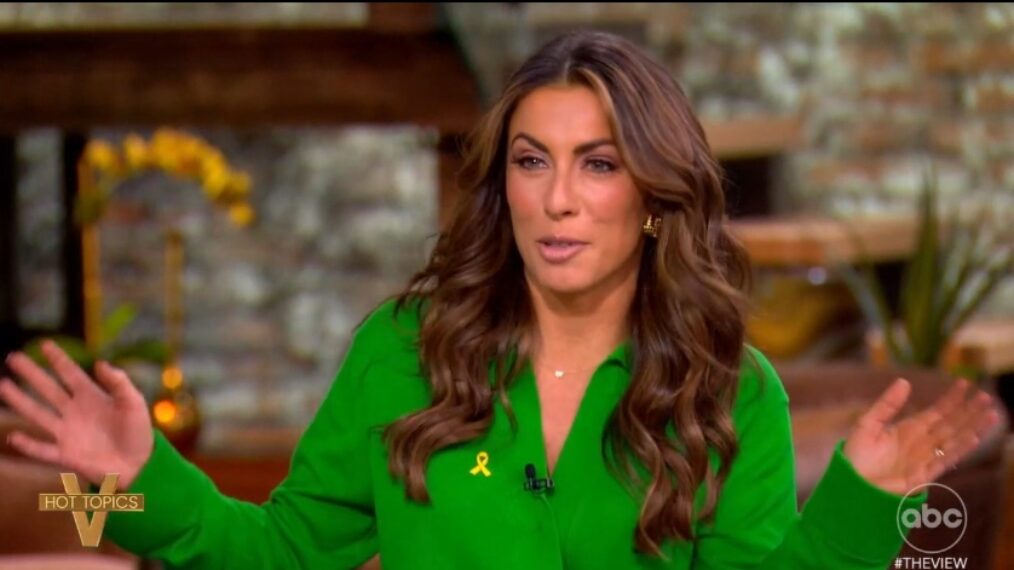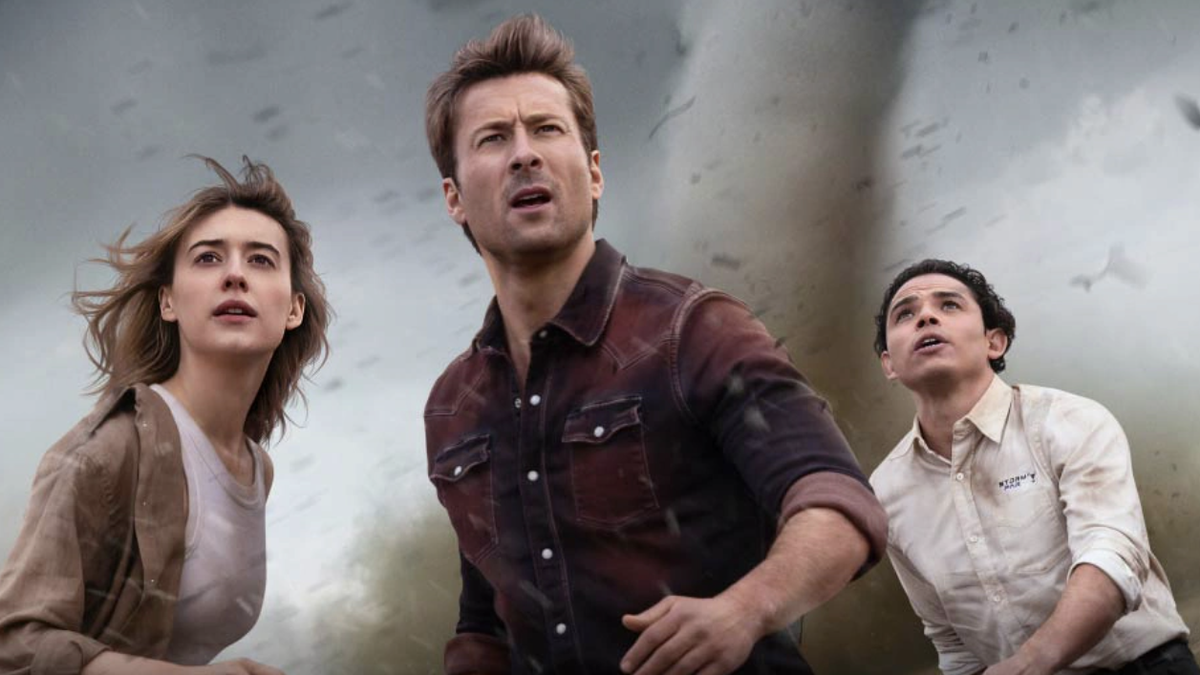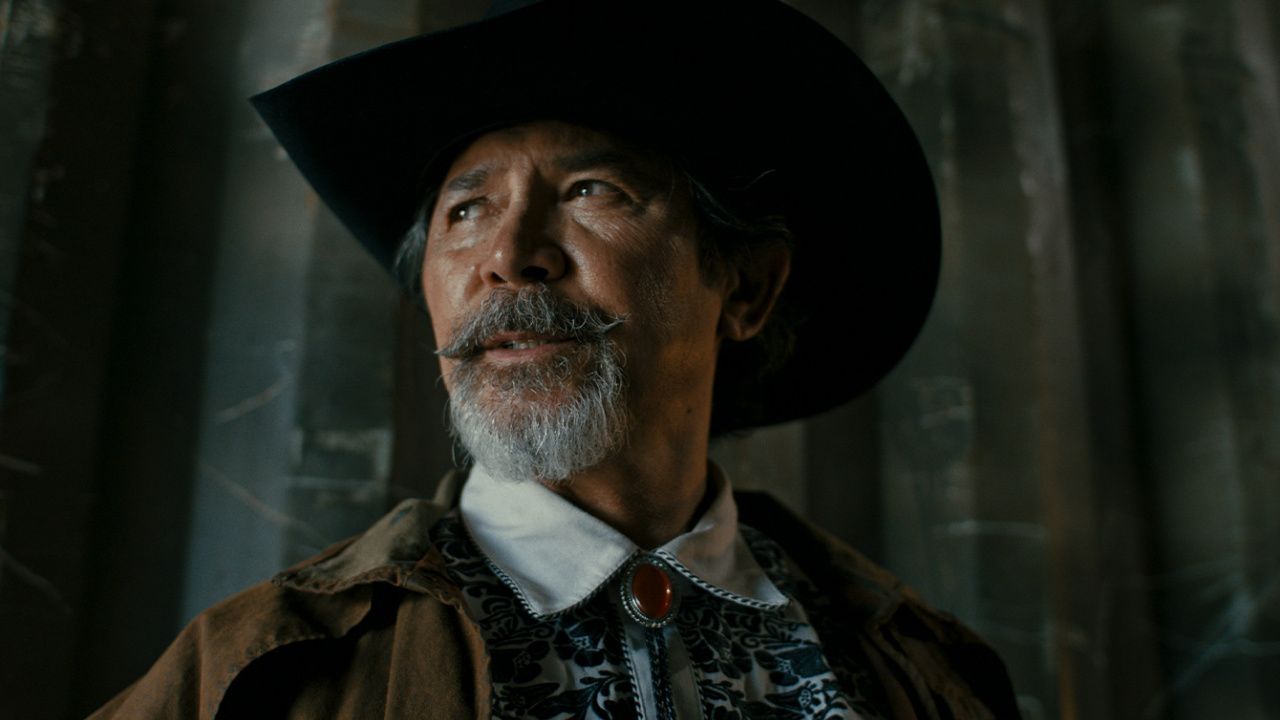
The past 50 or so years have been relatively kind to X compared to some of its punk contemporaries. For one thing, all four definitive members—Exene Cervenka, John Doe, Billy Zoom and D.J. Bonebrake—are alive. But it does appear they’ll be stopping just short of 10 studio albums. The new Smoke & Fiction (Fat Possum) neatly ties up the group’s stylistic loose ends in endearing, hard-driving fashion, its lyrics celebrating and surveying in detail, with humor and some skepticism, the band’s mammoth legacy and its colorful history. Smoke & Fiction is being billed as X’s poignant last gasp—and it sure sounds that way.
As X powers through its four-month “The End Is Near/Smoke & Fiction” tour, we caught up with Cervenka and Doe on a day off between shows in Southern California. Both had plenty to say, but neither had any inclination to fend off the circling vultures.
The momentum for X’s reunion in the studio started with 2020’s Alphabetland, so let’s start there. What was the motivation behind Alphabetland, and how was the energy behind Smoke & Fiction different?
Cervenka: Some of it was business related. We got all the rights to our records back after 35 years. So we were like, “Well, we could make a studio album.” We did this Live In Latin America record (in 2018)—a lot of people liked that, so we knew there were people out there who wanted to hear some X stuff. John and I still like writing songs and singing together and everything. We’d been playing and playing and playing, so we were in pretty good shape as a band.
Doe: We recorded Alphabetland because we ran out of excuses. We did this Live In Latin America thing when we toured with Pearl Jam. Rob Schnapf was the mixer on that, so we had a producer. Then Fat Possum re-released our first four records because we got the masters back. There’s no reason to put all that time and effort into something unless you have a record company and a producer. For Alphabetland, we had some new songs and a couple of old songs we recorded, and it all was entertaining and gratifying. With Smoke & Fiction, I don’t actually remember when I was informed that we were putting out a new record: “Huh, really? Did I miss a meeting? Well, I thought I’d be consulted about this—but, OK, cool, we’re gonna make a new record.” [Laughs]
X was one of the first punk bands, yet there’s so much about you that isn’t punk in the conventional sense. Do you see yourselves as more than a punk band?
Cervenka: Of course we’re a punk band. We started punk with about 10 other bands. But if you want to confuse us with hardcore, then you might as well confuse us with rap.
Doe: It’s a little odd to hear you say that we had more going on than your average punk-rock band. If you’re talking about, oh, maybe a third-generation punk rock band, I might get that. The fact that we knew how to play was one thing that helped us. But it didn’t matter, because the whole idea of good music is that you just play from the heart. It was just like, “I know what I don’t want, and that’s being slick—and being a virtuoso and all.”
X has done a great job of carrying the torch of a movement without reverting to the mean or succumbing to nostalgia tours and such. How were you able to avoid falling into that trap?
Cervenka: It wasn’t in our makeup to be that way, because we’re creative. Always, when we play live, I try to say, “This could be my last show. Tonight’s the night.” It’s the same way with writing songs … This might be the last song I ever write—and I don’t mean that in a morbid way. I just mean that I’m gonna make this the best song.
Doe: We weren’t quite ready for prime time because there was just something about us that was a little too weird for the radio-play cannon at the time—and that’s cool. It’s the fact that you give people permission to express themselves, and you encourage people to not be drones or accept the status quo. If you can inspire people in that way, then you’ve succeeded.
How has Gen Z taken to X? And if a 20-something newbie asked you which X album they should start with, what would it be?
Cervenka: We’ve always had a mixed audience. There were young kids, adults, old people. There was every kind of person imaginable in the early punk days, because they came together for a reason. They found us because they wanted to—and it’s the same now. There’s a lot of young people at our shows. I think the two shows we just played in Los Angeles were just riotous. They were so incredibly wonderful.
Doe: (1980 debut) Los Angeles would be a good intro. It paints a very clear picture of our bohemian vision and hybrid take on what rock ’n’ roll was in the years 1978 to 1980. (Producer) Ray Manzarek picked the songs, and they all seem to fit together. Now, it’s impossible to tell whether they fit together so well because they’re on the record or because they fit together well before they made the record.
What does it feel like to know that this is the last album ever for X … Or is it?
Cervenka: If there was a movie, a TV show or something, and they said they’d love to have a new X song, we might write a song and go into the studio. But we don’t have to record an album, so we’re probably not going to. Getting in the van and touring like we do is so darn hard. You’re staying in kind-of-OK hotels, and you’re up and down the stairs dragging the suitcase. It’s physically difficult and demanding.
Doe: It became clear to me lyrically, as we worked on the album. There’s a lot of reflective stuff, but it’s not nostalgic. The last song we worked on was “Big Black X.” If someone who’s 20 asked me, “Tell me what it was like in 1978 in three and a half minutes,” I’d say, “Listen to that song.” At the age we are now, I’m not sure we could mount another campaign like this.
—Hobart Rowland
See X live.




